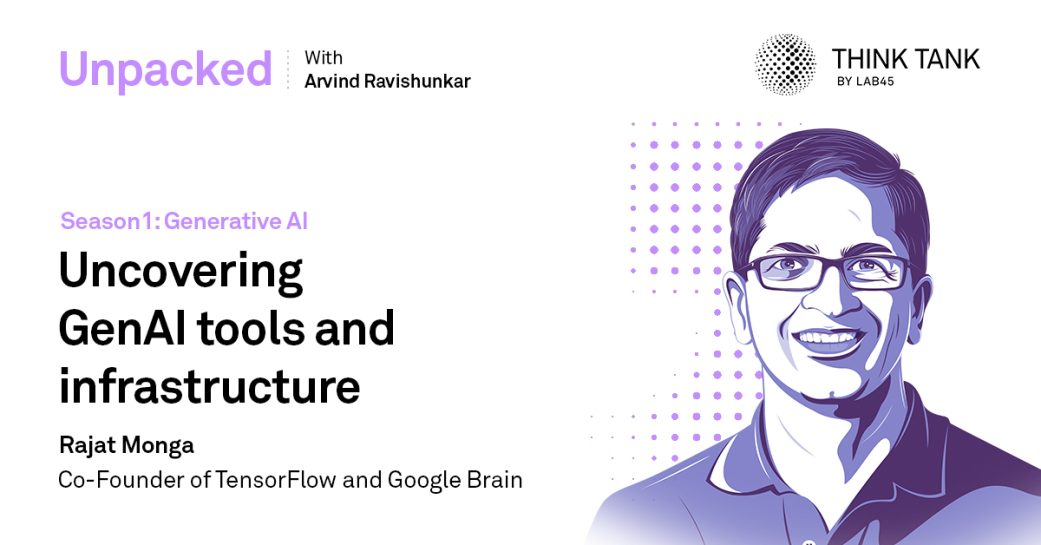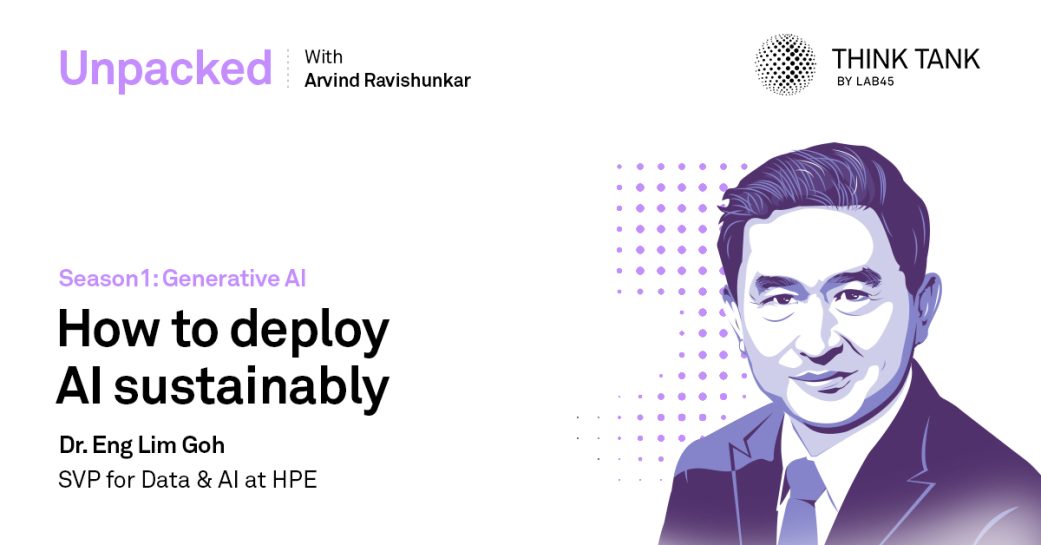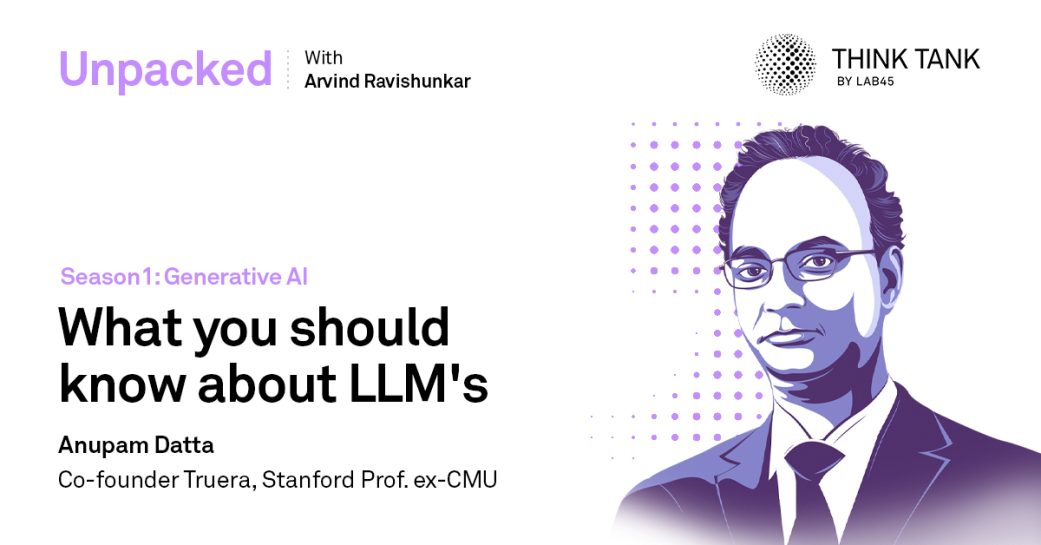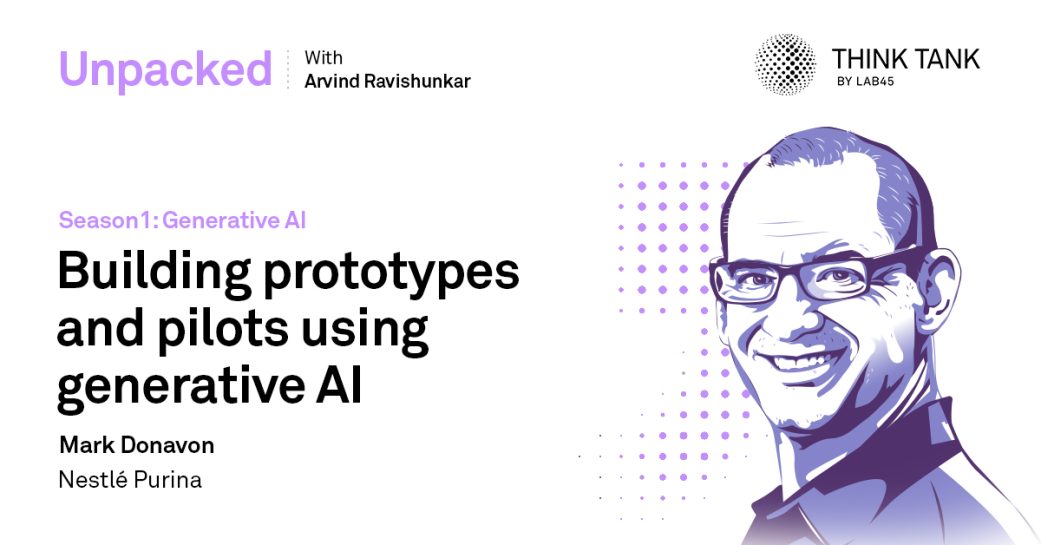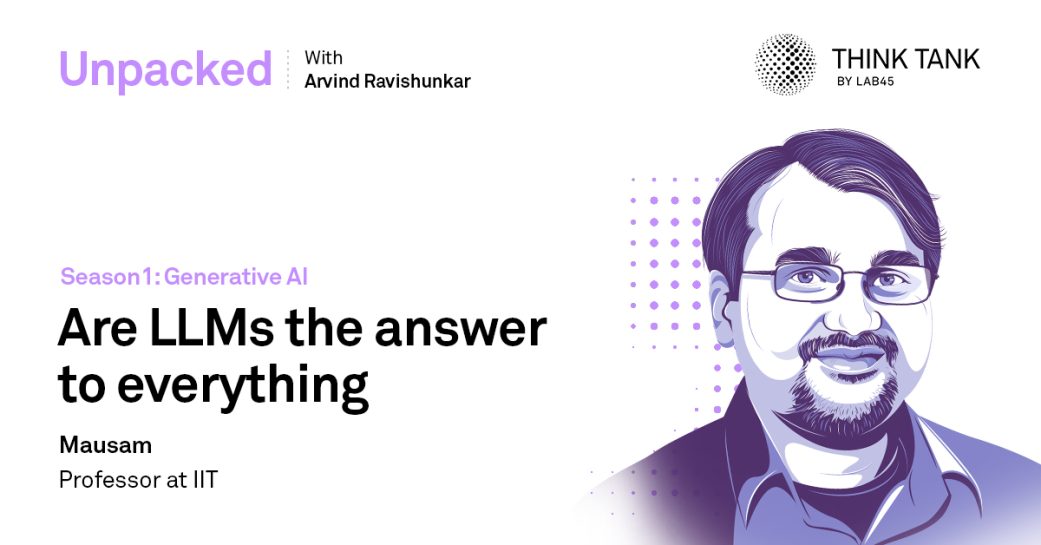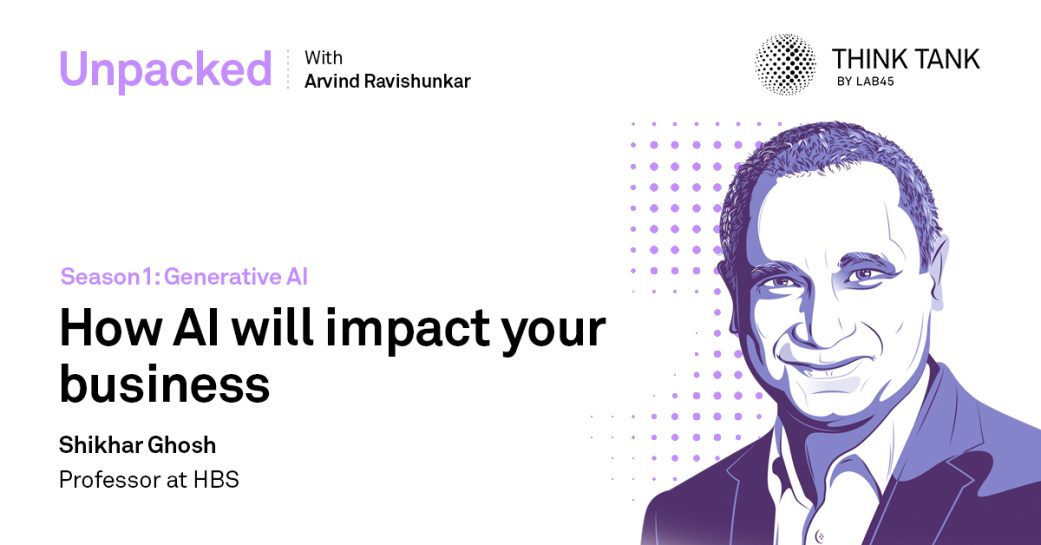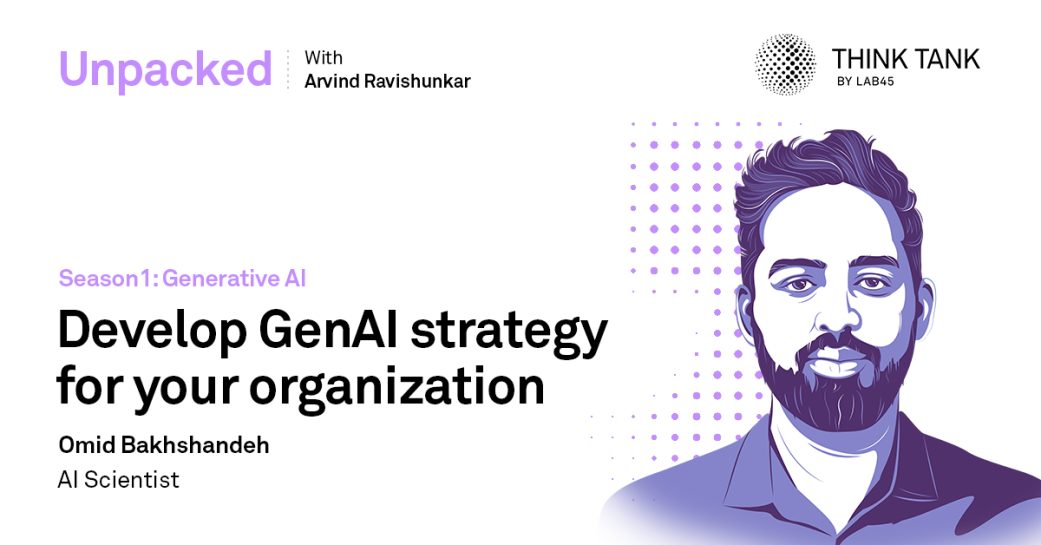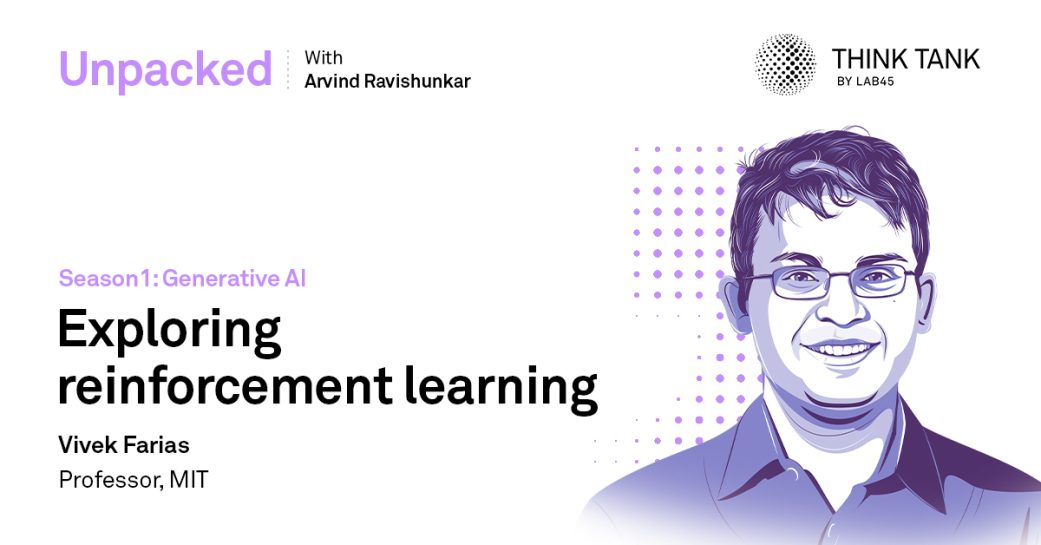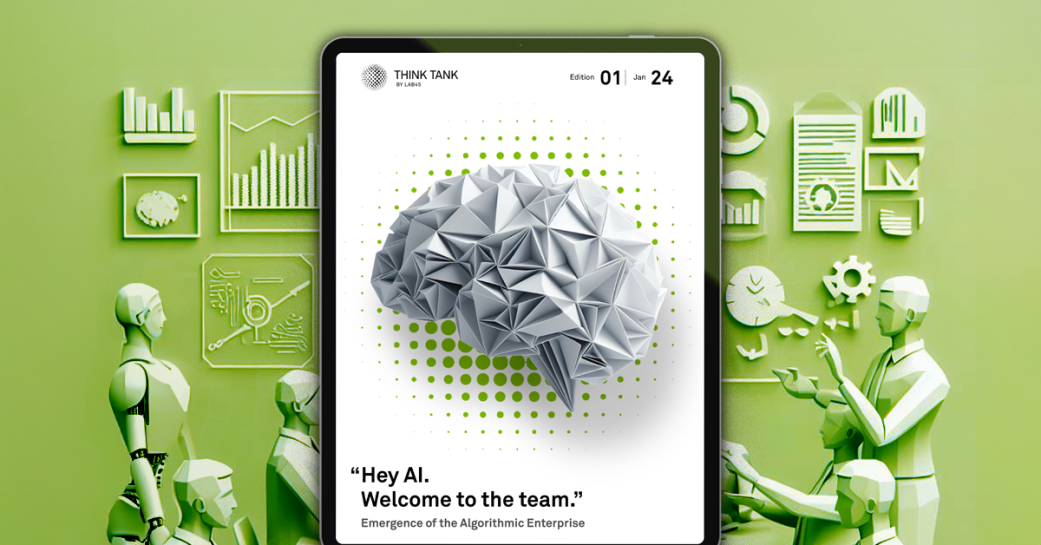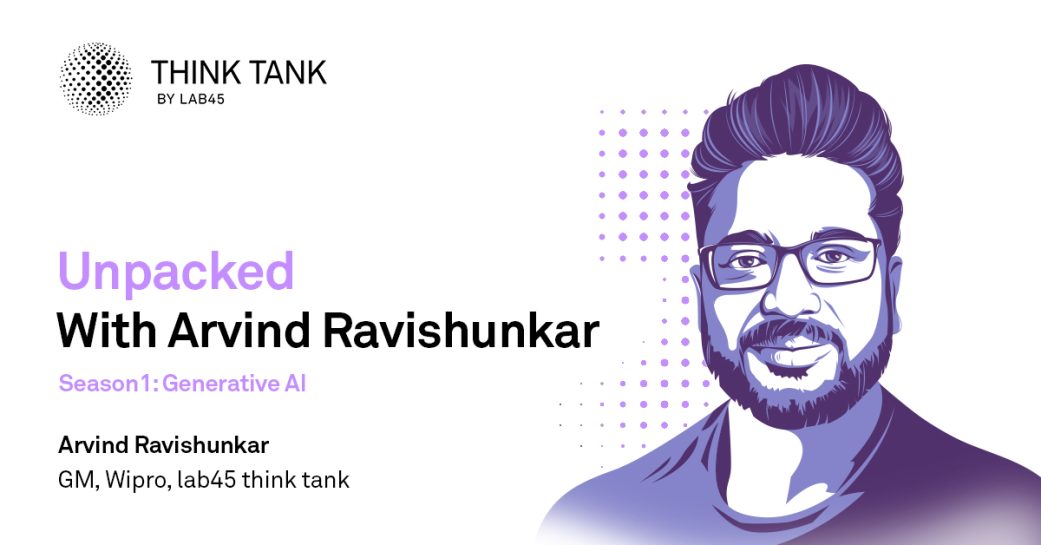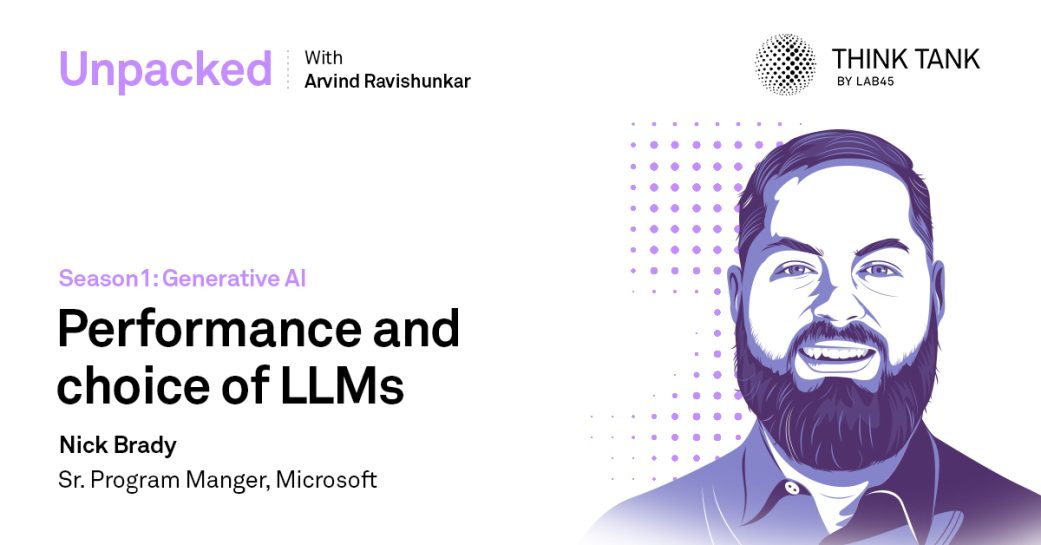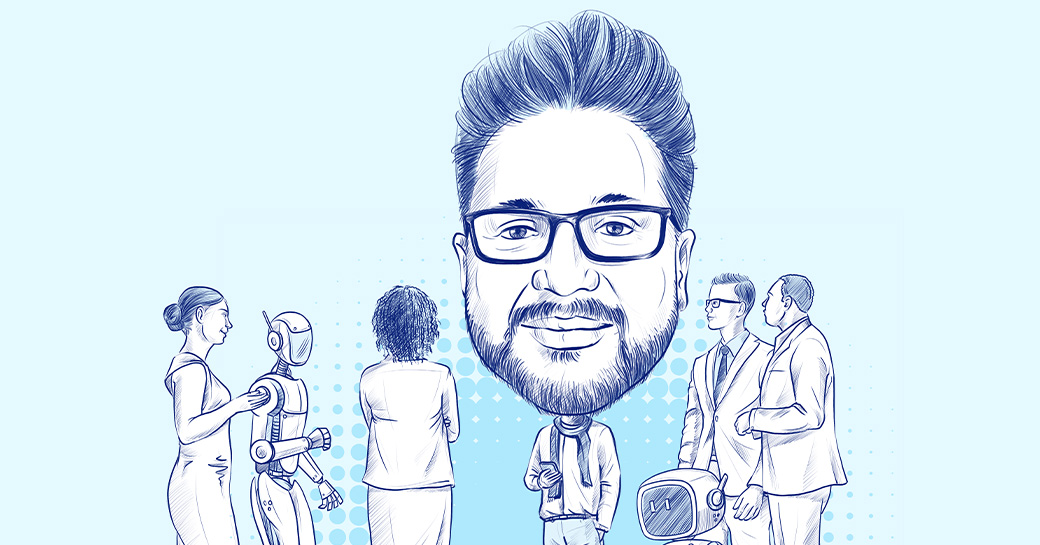Building prototypes and pilots using generative AI with Mark Donavon, Nestlé Purina
Engaging topics at a glance
-
00:11:20Introduction
-
00:16:30How does the market mindset help in conceptualizing ideas?
-
00:19:00Consumer research, design, and prototype for AI-based products
-
00:22:40Data sources and models used in early product development
-
00:25:35When to feed data into AI model?
-
00:28:32When to take the prototype to production?
-
00:37:35ML models used during prototyping
-
00:40:46Generative AI in your products
-
00:43:05Testing early models
-
00:45:25Grounding models
-
00:47:20Key insights
Join us in this episode where our guest Mark Donavon, Head of Digital Strategy and Ecosystem Development at Nestle Purina PetCare shares his real-life experiences and insights to explore what it takes to understand and build prototypes and pilots using AI.
This podcast gives insights into how a pet care organization harnesses the power of AI and IoT technologies to enhance pet welfare. The discussion centers on innovative problem-solving and the considerable potential for AI applications in the pet care domain.
The podcast opens by highlighting the importance of allowing technology to be driven by problems and needs rather than dictating solutions. The emphasis is on understanding specific user groups and comprehending the challenges faced by pet owners. Instead of beginning with existing technology and searching for problems to solve, their approach revolves around understanding the needs of end users and subsequently exploring how technology can address these issues. This user-centric approach is a cornerstone of their organization, reinforcing their commitment to developing products tailored to pet owners’ requirements.
We saw an opportunity really to intervene much earlier in helping to understand that there’s a change in the cat’s bathroom behaviour that can correlate to an increased risk of early onset kidney disease, renal disease, et cetera. So now, there’s time to engage with the vets.

– Mark Donavon
The conversation then pivots to the process of understanding user needs. The organization conducts consumer research, with variations across regional divisions. Each division maintains its own consumer insight team working closely with external agency partners to gather research data. Their digital team collaborates with these divisions, allowing them to access consumer insights that might not be uncovered through traditional research methods. This highlights the adaptability of their company and the synergistic relationship between divisions.
The podcast proceeds to discuss the practical application of AI and IoT technologies. An example is presented: a smart litter box equipped with IoT capabilities that utilizes AI to provide valuable insights. The aim is to detect early signs of kidney disease in cats, a common yet often undiagnosed ailment. The organization saw an opportunity to intervene earlier by identifying changes in a cat’s bathroom behavior that correlate with an increased risk of the disease. This innovative device provides pet owners and veterinarians with early warning indicators, effectively transforming the approach to cat health.
The speaker underscores how the smart litter box is revolutionizing pet care. Traditional practices often involve diagnosing the disease at advanced stages, making it challenging for veterinarians to do more than manage symptoms. However, this device alerts pet owners to subtle behavioral changes, enabling early intervention and potentially life-saving treatments.
I was blown away because right from something I was wearing on my wrist, it just described all of the movements I was doing with high precision. It was counting the reps and it was telling me how good my form was.

– Mark Donavon
The journey toward developing this ground-breaking device is then explored. It began with a low-fidelity prototype, using a simple mechanical device to record data when a cat entered the litter box. This provided initial insights into behavioral patterns. Subsequently, more sensors and technologies were integrated, resulting in the current iteration of the smart litter box. The speaker stresses the importance of combining various sensors to collect comprehensive data for diagnosing specific behaviors and patterns in cats, thus facilitating early detection of health issues.
The podcast also delves into AI models, which are employed to gain a deeper understanding of pet behavior. Early prototypes collected data on behavioral patterns but could not interpret the cat’s actions within the litter box. To address this limitation, machine learning models were incorporated. These models were trained to distinguish between various behaviors, such as urination, defecation, and digging. This enhanced the system’s ability to provide meaningful insights, enabling the early detection of potential health issues by interpreting the pet’s actions within the litter box.
In response, a point is made regarding the flexibility and adaptability of AI models. It’s crucial to allow machine learning models to evolve and adapt since pets may exhibit diverse behaviors. This flexibility aligns with the organization’s commitment to accumulating extensive data and generating high-quality training data to enhance their systems.
The discussion then touches upon the challenges of introducing innovative technologies within an established company. The speaker describes the initial hurdles they faced when convincing management to invest in these new technological directions. Skepticism and questions about the impact on pet food sales were common concerns. Yet, by presenting real-world data, success stories, and tangible outcomes, they were able to build a compelling case and garner support for their projects over time.
Production Team
Arvind Ravishunkar, Ankit Pandey, Chandan Jha



